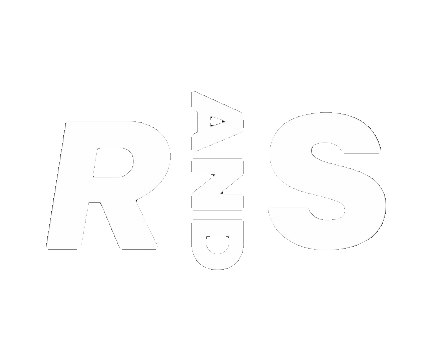3 minute read
The federal government is standing by its anti-gambling reforms, as the AFL and NRL step up their campaign against them.
The federal government is resisting a grand final week campaign by football clubs to stop anti-gambling reforms.
Under the government plan, poker machines - which reap billions of dollars for sporting clubs every year - will be reprogrammed to cap losses at $120 an hour rather than $1200 an hour but lower intensity machines will not require any form of pre-commitment.
AFL chief executive Andrew Demetriou and club presidents are meeting on Monday to map out campaign strategies to attack what Collingwood boss Eddie McGuire has labelled a "footy tax".
NRL clubs say the reforms will lead to job losses and possible closures of some venues.
Cabinet minister Craig Emerson says the changes will simply limit the amount of money a problem gambler can lose on poker machines and is not a tax.
"It would be very helpful if people pay more than lip service to problem gambling - it is a real scourge in this country," Dr Emerson said.
Independent MP Andrew Wilkie, whose agreement with Labor to form minority government hinges on the reforms going ahead, said the clubs were being "irrational".
"The industry has said they are happy for pre-commitment to be fitted to every machine so long as it's voluntary," Mr Wilkie told ABC Radio on Monday.
Clubs Australia claims the cost of buying low-intensity betting machines or retrofitting old machines would be $3 billion and too expensive.
But Mr Wilkie says problem gamblers lose $5 billion a year on pokies.
"The cost to convert all the machines in Australia is a little more than half the amount that problem gamblers lose each year," he said.
Clubs which claimed they didn't have many problem gamblers frequenting their venues wouldn't feel much impact on their bottom line, he said.
Mr Wilkie said those that do have problem gamblers have to change because "it's not okay to trade off the misery of problem gamblers".
The Australian Greens described the AFL's campaign against the reforms as "a betrayal of its fans".
Senator Richard Di Natale said poker machines were the "real footy tax".
"(They are) taking most of their revenue from the battlers who are the heart and soul of the competition," Senator Di Natale said in a statement.
Opposition Leader Tony Abbott said the clubs had a right to be concerned about the policy.
"I think that these clubs are an important part of our social fabric," Mr Abbott told reporters in northeast Tasmania on Monday.
"I think that they are an important part of the great networks which support our sporting codes."
Defence Minister Stephen Smith acknowledged that poker machine reform was politically difficult.
"It's one of those issues which is a tough issue, a difficult issue," he told reporters in Sydney.
"We need to approach this in a clear and sensible and mature way.
"This is an area where we need to make sensible changes but I'll leave the detail to (Community Services Minister) Jenny Macklin."





